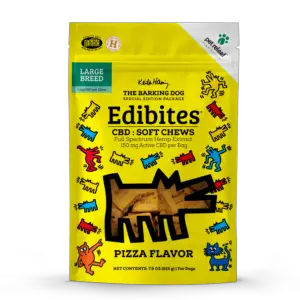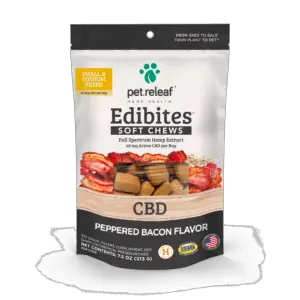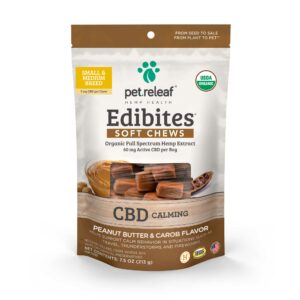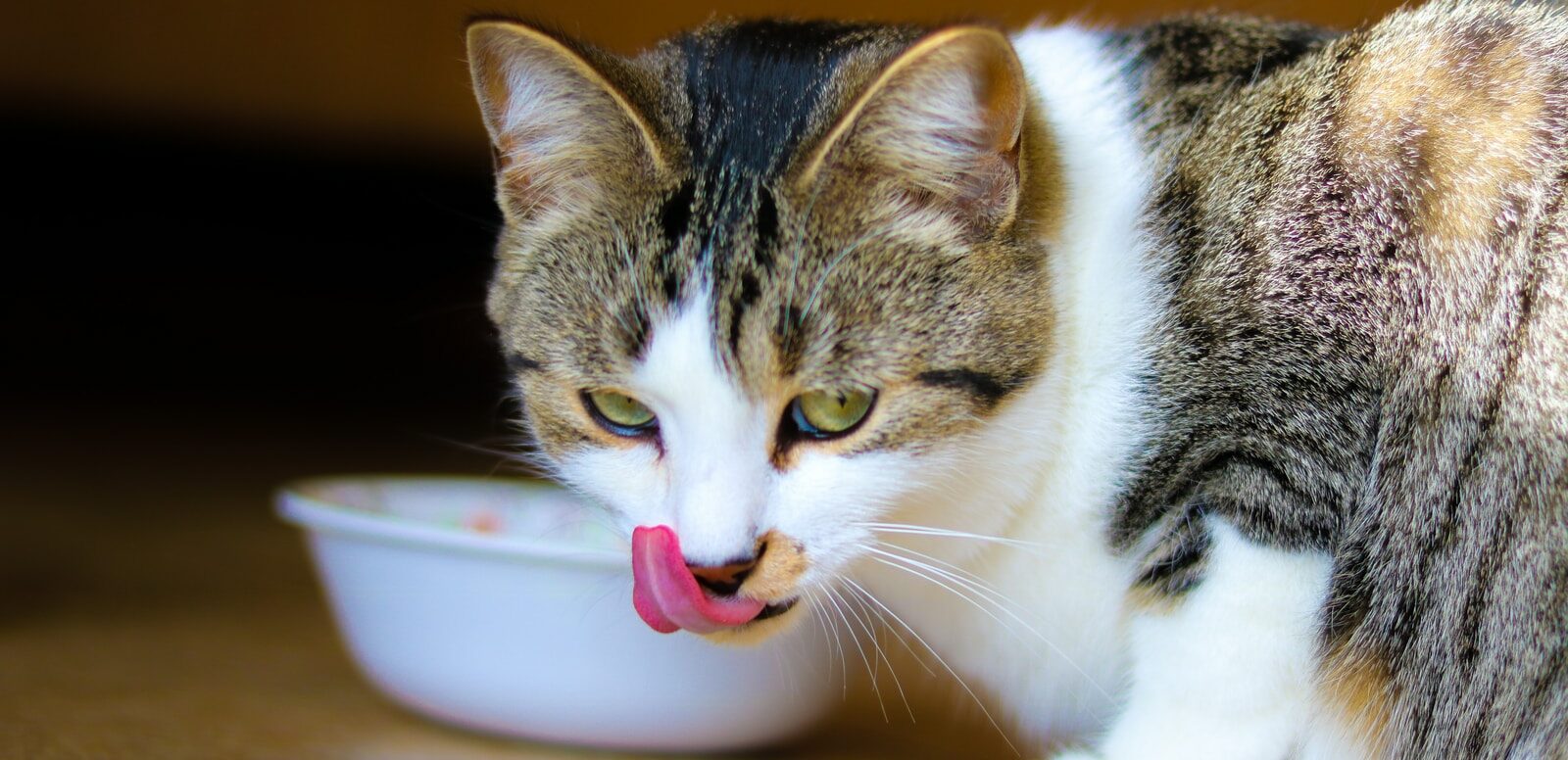
Key points
- Generally, as cats age, they become less active, start spending more time at home, and experience changes in their metabolism.
- As a result, you need to revise the diet of your aging cat;
- Vets recommended feeding elderly cats with easily digestible food made of high-quality ingredients;
- If your old cat refuses to eat, the animal might be in pain or suffer from a severe disease.
Once a cat reaches the age of eleven, it is considered to be a senior. As the cat gets on in years, its dietary needs change. Some reasons for this are purely practical; for instance, a toothless senior cat can’t do much with dry food. In addition, there are physiological changes in the cat’s metabolism, resulting in the pet’s need for certain nutrients shifts. Elderly cats can also develop new dietary preferences. So there are a few things to consider if you want to help your elderly cat live its best life.
Table of Contents
Feeding Elderly Cats
There is no such thing as the “right” feeding regime for a senior cat. Joseph Wakshlag, DVM, PhD, assistant professor of clinical nutrition at Cornell University, College of Veterinary Medicine, explains that an individual cat’s nutritional needs define what is and isn’t an appropriate diet for the pet. Despite popular belief, growing kittens are not the only ones that need an age-appropriate diet. When your cat gets older and begins to develop first age-related ailments, its need for high-quality nutrients also rises.
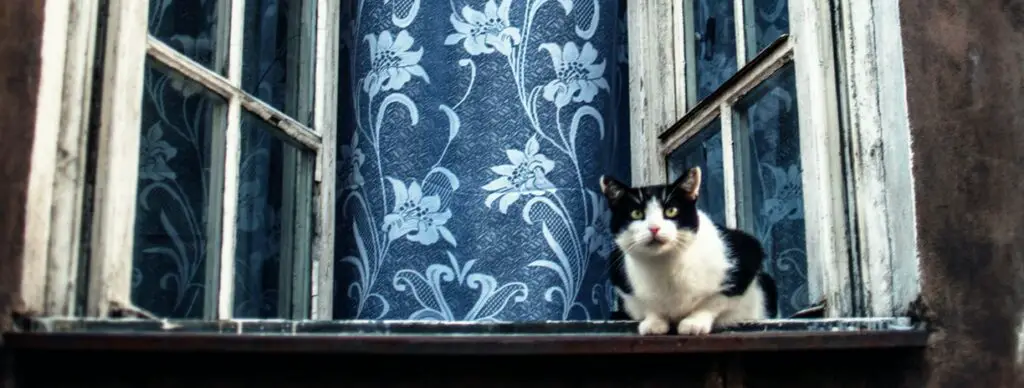
For senior cats, creating a good feeding plan with high-quality pet food is essential to ensure that the pet stays healthy and active even at old age. One of the most common issues in elderly cats is their reduced ability to absorb nutrients. Older pets’ teeth can also become weak and decayed, which will make chewing more difficult. As a result, your cat may lose weight. In addition, older pets may be more likely to develop chronic diseases such as diabetes, kidney diseases, or obesity. In all these cases, you need to choose specialized food for your pet.
When feeding a senior cat, you need to choose food that’s easy to digest. Therefore, you need to pay particular attention to the ingredients contained in the pet food. If possible, try to avoid products that contain potentially harmful ingredients such as animal and vegetable by-products.
Prevent An Elderly Cat From Becoming Overweight
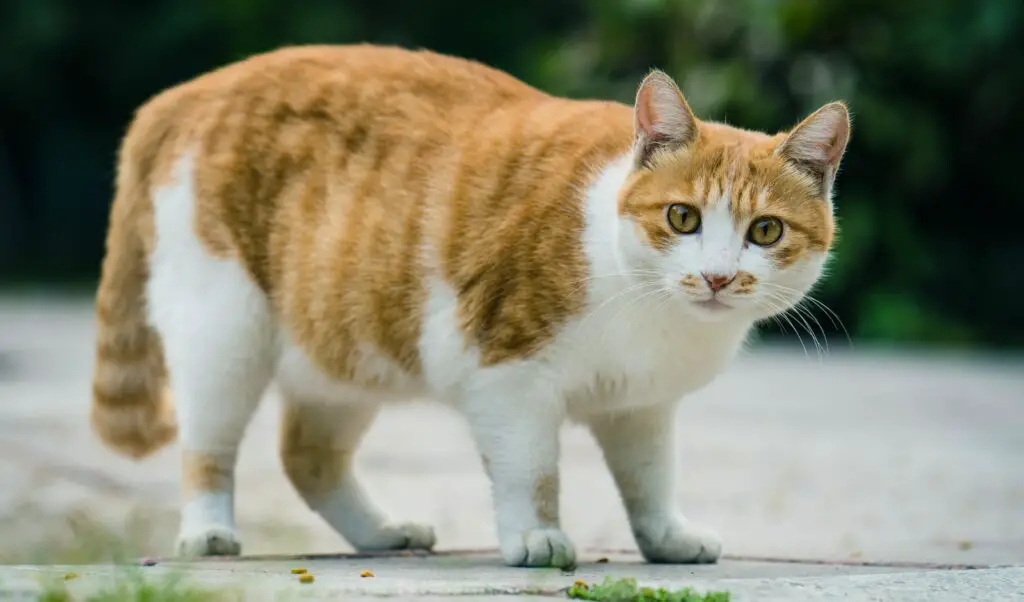
Scientists don’t know exactly what nutrient and energy needs senior cats have. The nutritional needs of older cats are likely not that different from those of younger cats. However, their energy requirements often decrease because old cats are usually less active. As a result, their muscle mass decreases, and their body fat percentage increases. Therefore, food for senior cats should have a high nutrient density, i.e., contain lots of vitamins, minerals, etc., in one serving. As a result, the pet will need to consume fewer calories, which can help prevent obesity and related diseases in cats.
Nutrition For Ill Senior Cats
Generally, senior cats with medical conditions need special nutrition.
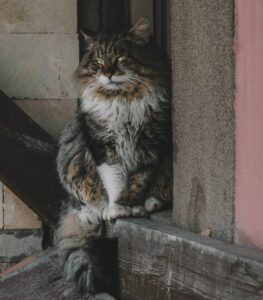
For example, hormonal changes can affect the diet of old cats. As a cat ages, its pancreas starts producing fewer hormones that regulate blood sugar levels. As a result, the pet may develop diabetes mellitus. In that case, it may require a special diet that contains fewer simple sugars and more complex carbohydrates and fiber, and high-quality protein. In addition, the risk of old cats developing diabetes mellitus increases if they are overweight. That is why maintaining a normal healthy weight is particularly important for elderly cats.
In cats with chronic kidney disease, a large part of the kidney tissue often becomes destroyed. The kidneys’ job is to filter and excrete metabolic waste from the blood – this function is severely restricted, especially if the pet is chronically ill. To reduce the amount of pressure put on the organ, your vet may advise you to switch to special kidney-friendly cat food with reduced salt, phosphate, and protein content. Wet food is preferable to dry food because it ensures that the cat receives enough liquid to flush the kidneys.
My Old Cat Doesn’t Eat – What To Do?
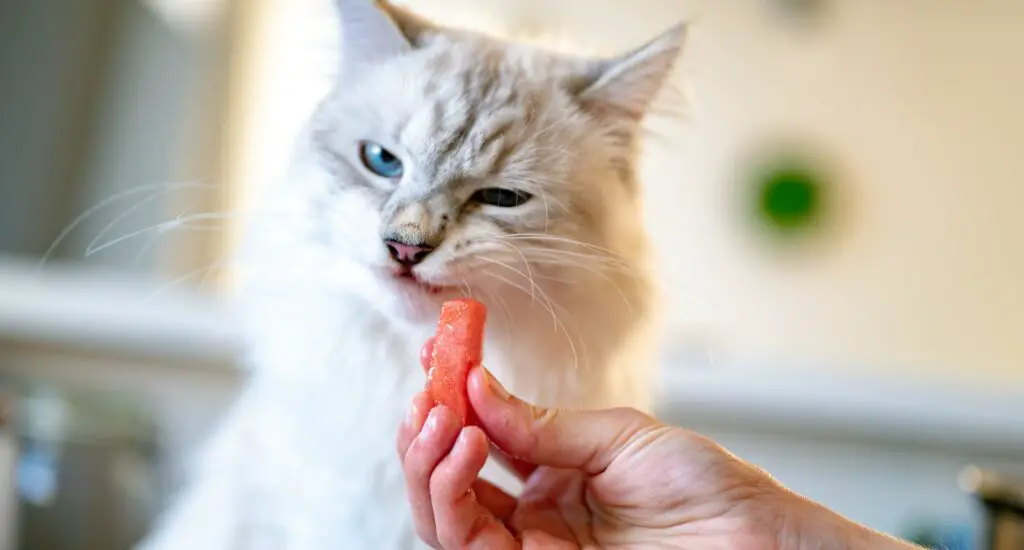 Senior cats can sometimes suddenly become very demanding when it comes to food. Be prepared for the fact that when your pet gets older, it may prefer to eat several small portions of food throughout the day rather than eating one large meal. Some senior cats also appreciate having their food served near their bed, so they don’t need to go to their stationary bowl themselves. However, if your cat has lost its appetite completely, call a vet immediately, as this could be a sign of severe underlying conditions, including gastrointestinal disease, cancer, and chronic pain.
Senior cats can sometimes suddenly become very demanding when it comes to food. Be prepared for the fact that when your pet gets older, it may prefer to eat several small portions of food throughout the day rather than eating one large meal. Some senior cats also appreciate having their food served near their bed, so they don’t need to go to their stationary bowl themselves. However, if your cat has lost its appetite completely, call a vet immediately, as this could be a sign of severe underlying conditions, including gastrointestinal disease, cancer, and chronic pain.
Are There Any Useful Senior Cat Vitamins And Supplements?
Food supplements should be used only when they are specifically needed. Old cats generally have an increased need for various vitamins, minerals, and trace elements. If these are not supplied in sufficient quantities with the pet’s food, commercial supplements can help fulfill the pet’s nutritional needs. However, you should always consult a vet before starting your senior cat on any supplements. If the pet doesn’t have any nutrient deficiencies, supplements can be useless and even harmful.

According to Dr. Joseph Wakshlag, some food additives that have been shown to be effective in dogs or humans can be detrimental for cats since these animals’ metabolism processes are entirely different.
If you are looking for a nutritional food that will provide your aging feline with all the necessary protein, fats, vitamins, and minerals, try the Petcan insect-based pet food.
FAQ
How much should a senior cat eat?
Cats over ten years of age usually need only one feeding a day unless they have some health condition that requires more frequent meals.
Do senior cats eat less?
If a senior cat refuses to eat, it is better to call a vet. Several different conditions may be responsible for the loss of appetite in cats. Infections, kidney failure, pancreatitis, intestinal problems, and cancer are among the most common reasons for decreased appetite in cats.
What to feed a senior cat that won’t eat?
If a cat that otherwise appears to be in good health refuses to eat, it could mean that its sense of smell is waning, and the pet simply feels that the food in its bowl is unappealing. A good trick is to warm up the food a little, making its odor more intense. Alternatively, mix in something that tastes good and has a strong smell to the food. For instance, canned tuna, liver sausage, or malt paste have a potent stimulating effect.

